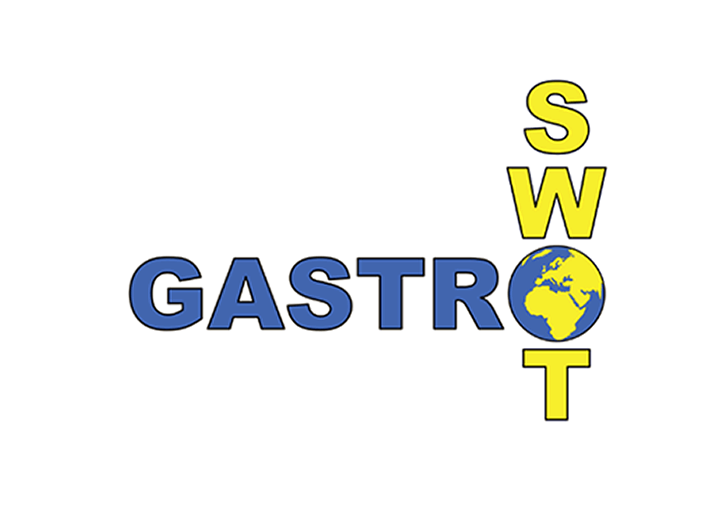

Design
Setting
Publication
GASTROSWOT is a strategic analysis of the current and projected states of the different subspecialties in gastroenterology that aims to provide guidance for research, clinical, and financial planning in gastroenterology.
Methods
We executed a consensus-based international strengths, weaknesses, opportunities, and threats (SWOT) analysis. Four general coordinators, six field coordinators, and 12 experts participated in the study. SWOTs were provided for the following fields: neurogastroenterology, functional gastrointestinal disorders, and upper gastrointestinal diseases; inflammatory bowel disease; pancreatology and biliary diseases; endoscopy; gastrointestinal oncology; and hepatology.
Results
The GASTROSWOT analysis highlights the following in the current state of the field of gastroenterology: the incidence and complexity of several gastrointestinal diseases, including malignancies, are increasing; the COVID-19 pandemic has affected patient care on several levels; and with the advent of technical innovations in gastroenterology, a well trained workforce and strategic planning are required to optimise health-care utilisation.
The analysis calls attention to the following in the future of gastroenterology: artificial intelligence and the use of big data will speed up discovery and smarter health-care provision in the field; the growth and diversification of gastroenterological specialties will improve specialised care for patients, but could promote fragmentation of care and health system inefficiencies; and furthermore, thoughtful planning is needed to reach an effective balance between the need for subspecialists and the value of general gastroenterology services.
Conclusions
This international initiative has highlighted the present and future of the specialty of gastroenterology.